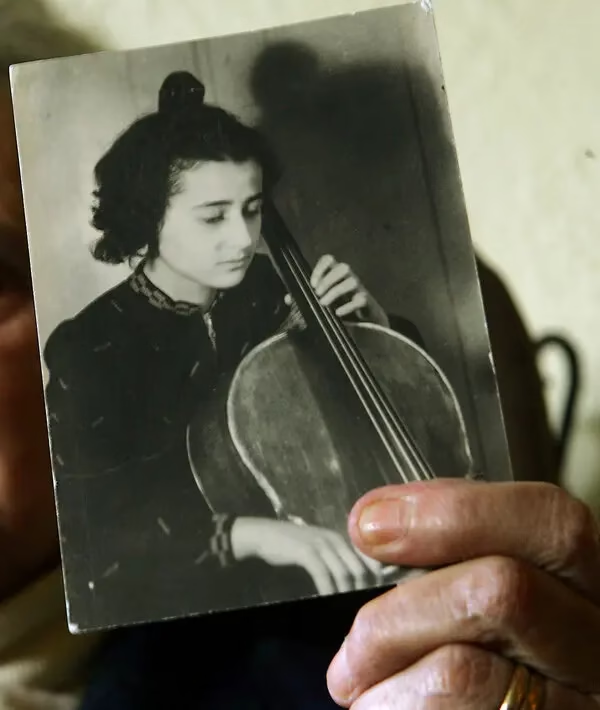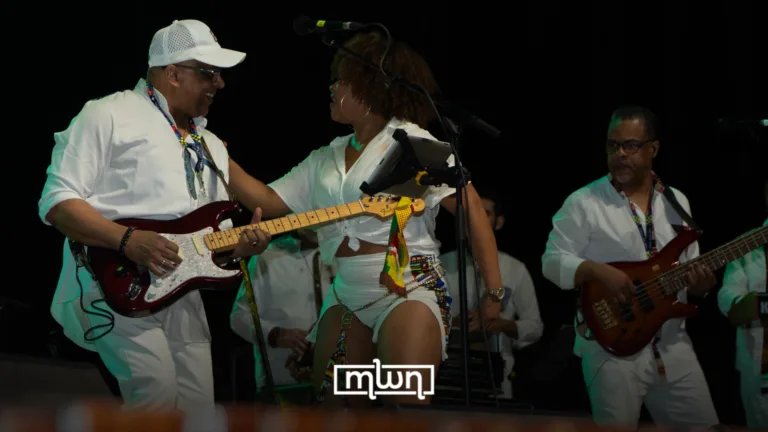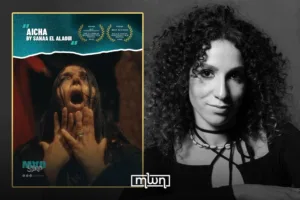Rabat–Imagine being a teenage Jewish cellist trapped in Auschwitz, surrounded by unimaginable horror. In that chaos, music wasn’t just a pastime—it was his lifeline. Playing the cello gave him a rare moment of control, focus, and dignity.
It became an escape into excellence, a way to reclaim a piece of himself when everything else was stripped away by cruelty and fear.
For the cellist in Auschwitz, each bow stroke was a tiny rebellion, a moment of excellence amid darkness.
For teens today, whether they’re playing instruments, singing, or just vibing to their favorite playlists, music offers the same chance to find calm, clarity, and strength.
That powerful connection to music is more than just a story of survival—it’s a window into the human mind’s ability to protect itself. Psychologists call this emotional escapism: using music as a tool to regulate emotions, reduce stress, and maintain identity in the face of trauma.
For teens, whose brains are still developing, music offers a vital outlet to express feelings that might otherwise overwhelm them.
Today, the idea that music can be a psychological fortress still holds strong. Whether it’s a teen battling anxiety, depression, or the pressures of a chaotic world, music provides a unique kind of therapy.
It offers a safe mental space where emotions can flow, and resilience can be built. Studies have shown that engaging with music can lower cortisol levels (the stress hormone), boost mood, and even improve cognitive function.
This legacy of music as a mental escape reminds us that even in the toughest moments, the mind can craft its own light. It’s a tool for healing, growth, and survival that crosses generations—proof that creativity is one of the fiercest weapons we have against trauma.
















